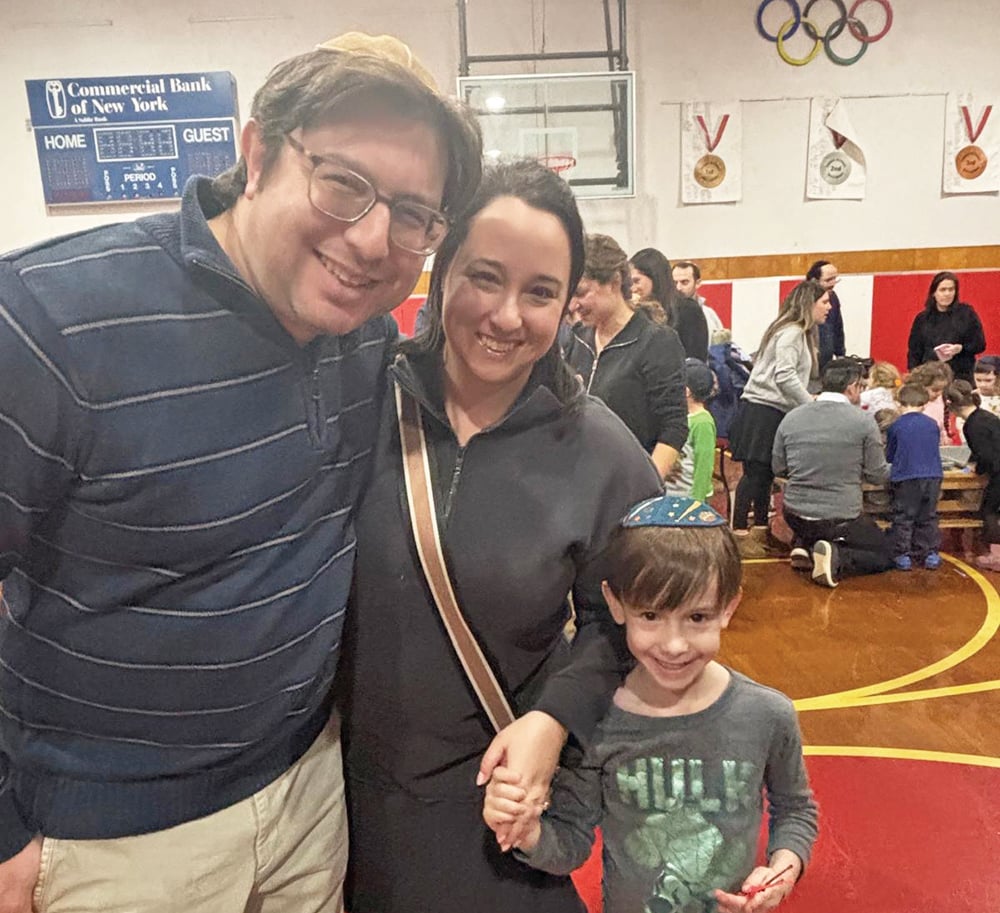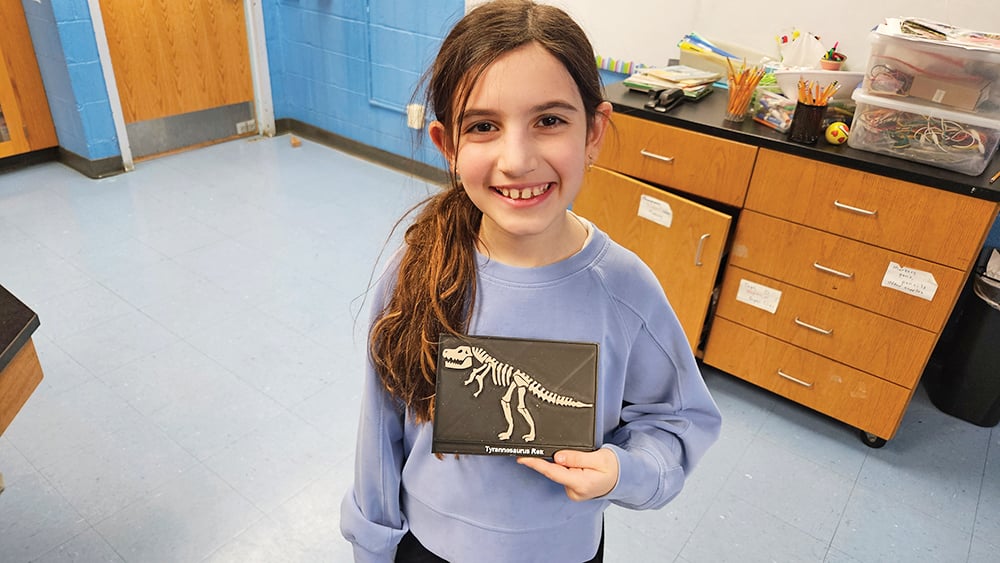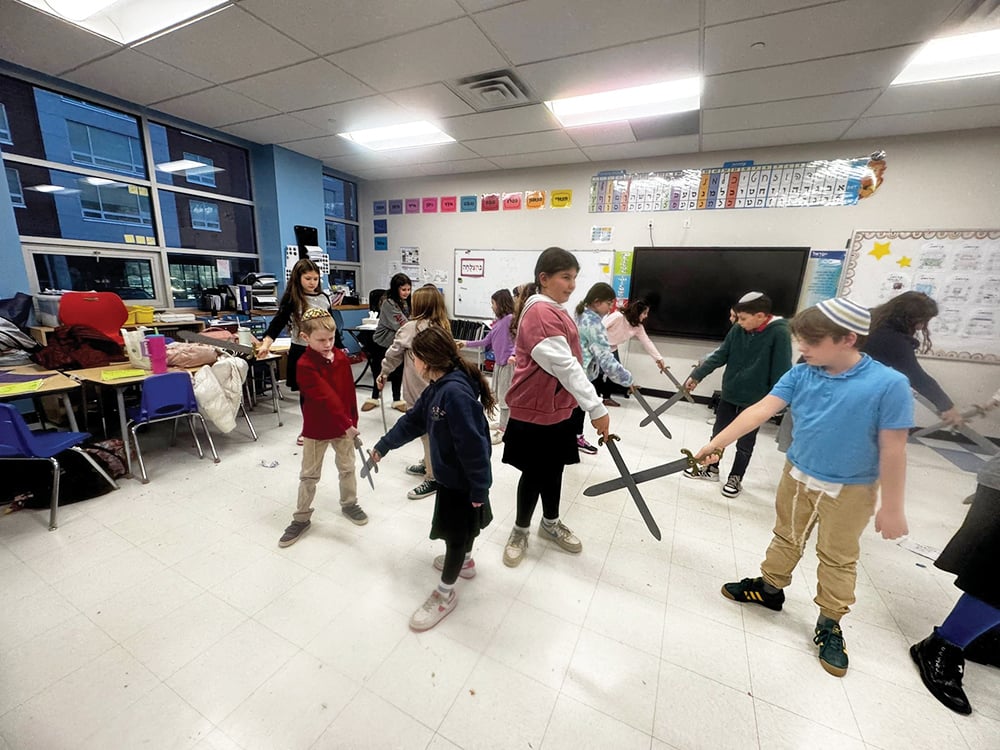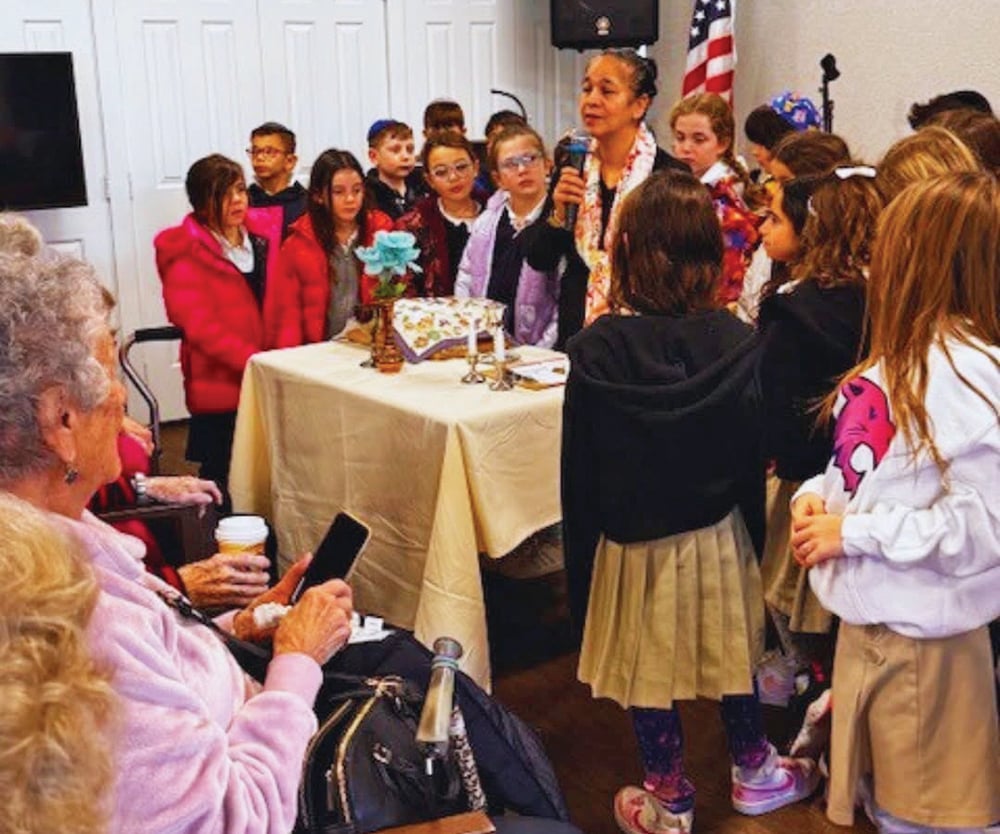Modern authorities have vigorously debated whether a sound heard through a microphone, hearing aid (which functions much like a microphone), or telephone shares the status of the original sound. This issue impacts the fulfillment of numerous mitzvot, such as listening to the blowing of a shofar or to Torah and Megilla readings, by hearing them through these electronic media. Rav Ovadia Yosef (Teshuvot Yechave Da’at 3:96) strongly endorses the stringent opinion.
How Does a Microphone Work?
Before addressing the halachic aspects of electronic devices, Rav Shlomo Zalman Auerbach (Teshuvot Minchat Shlomo 1:9) describes the workings of a microphone in great detail. It receives sound waves (the original voice or sound) and converts them into electronic signals. An amplifier/speaker system then reconverts the electronic signals into an amplified replica of the original sound. A similar operation takes place within hearing aids and telephones. Of course, radios and televisions translate radio waves instead of electrical signals.
Can One Fulfill a Mitzvah With Such a Mechanism?
A number of early twentieth-century authorities believed that one can fulfill the mitzvah of Megilla even through a microphone system (see Encyclopedia Talmudit 18:749-753). However, they lacked access to precise scientific information, so they formulated their opinion based on common sense perception, without conclusively knowing whether a microphone simply broadcasts a human voice or first transforms it into electronic signals.
A number of prominent authorities who understood microphones more accurately nonetheless considered permitting their use for mitzvot that entail listening. The Chazon Ish (in an oral communication to Rav Shlomo Zalman Auerbach, cited in Minchat Shlomo 1:9) suggests that perhaps “since the voice that is heard via microphone was created [at first] by the [human] speaker and the voice is heard immediately, as it would be heard in regular conversation, it is also defined as ‘actually hearing’ the shofar blower or the [voice of the human] speaker.”
Rav Moshe Feinstein (Teshuvot Igrot Moshe, Orach Chaim 2:108) and Rav Tzvi Pesach Frank (cited in Teshuvot Minchat Yitzchak 2:113 and Teshuvot Tzitz Eliezer 8:11) suggest a similar line of reasoning. Rav Moshe indicates that one never hears a sound directly from its source; rather, the vibration created when a person speaks then passes through the air to the listener’s ear. The vibrating air next to the listener is not the same air that vibrated near the speaker’s vocal chords. Thus, indicates Rav Moshe, perhaps any sound that reaches the listener as a direct result of the original sound shares the same halachic status as the speaker’s own voice. Nevertheless, Rav Moshe discourages the use of a microphone even for rabbinic mitzvot, such as reading the Megilla. Rav Shlomo Zalman, however, attacks any possibility of claiming that one can equate an electronically reproduced sound with a person’s original voice:
Does not the Mishna (Rosh Hashanah 27b) state that if one blows a shofar into a pit and hears only an echo, then he has not fulfilled the mitzvah of shofar? Why is hearing something through a microphone different from hearing an echo? They are both replications of the original sound! The Minchat Elazar (2:72) writes that only the mitzvah of shofar requires an original sound, as opposed to an echo. However, an echo would suffice for Torah or Megilla reading, so one may also read them over a microphone. Rav Shlomo Zalman and Rav Ovadia Yosef (Teshuvot Yechaveh Daat 3:54) counter that a microphone is far worse than an echo, as the connection between the reader and the hearer has been entirely disrupted. The microphone and speakers completely reconstitute the voice, so it is as if the listener heard it from wood or stones. Thus, even if one could fulfill most mitzvot through an echo, a microphone is surely unacceptable.
Rav Shlomo Zalman concludes that the Chazon Ish’s possible leniency is highly questionable, “and I do not comprehend it.” Rav Ovadia, in turn, writes that he agrees with his dear friend Rav Shlomo Zalman.
Argument That a Mitzvah Cannot Be Fulfilled
The majority of authorities believe that one does not fulfill any mitzvot by hearing a sound through a microphone. In particular, most mid- and late-twentieth-century authorities, who benefited from a greater understanding than their predecessors of how microphones operate, reject the use of microphones for the performance of mitzvot. Besides Rav Shlomo Zalman Auerbach and Rav Ovadia, these authorities include Rav Yosef Eliyahu Henkin (Kitvei Hagaon Rav Y. E. Henkin 1:122), Rav Moshe Shternbuch (Teshuvot Vehanhagot 1:155 and Mo’adim Uzmanim 6:105), Rav Eliezer Waldenberg (Teshuvot Tzitz Eliezer 8:11), Rav Yosef Shalom Eliashiv (cited in Avnei Yashfeih 1:9), Rav Levi Yitzchak Halperin (Teshuvot Ma’aseih Chosheiv 1:1) and Rav Yitzchak Yaakov Weisz (Teshuvot Minchat Yitzchak 3:38:16). They argue that one hears an electronically reproduced sound over these devices, whereas the halacha requires one to hear the actual sound of a shofar, or voice of the reader. They note that this
reproduction is substantially inferior to hearing an echo since it lacks any trace of the original sound, whereas echoes come from the original sound waves. According to Rav Shlomo Zalman, blowing the shofar over a sound system is analogous to pressing a button on a computer that produces the sound of a shofar.
Conclusion
We at Congregation Shaarei Orah, the Sephardic Congregation of Teaneck, are not conducting a simultaneous broadcast of the Megilla over Zoom. Instead, I am planning to visit those unable or uncomfortable to come to the Beit Knesset to hear the Megilla reading. I encourage others to consult with their Halachic authorities and follow our example.
For further discussion of this issue, please see my discussion at Torah Academy of Bergen County’s Kol Torah, archived at https://www.koltorah.org/halachah/tekiat-shofar-microphones-and-hearing-aids-by-rabbi-howard-jachter
Rabbi Haim Jachter is the spiritual leader of Congregation Shaarei Orah, the Sephardic Congregation of Teaneck. He also serves as a rebbe at Torah Academy of Bergen County and a dayan on the Beth Din of Elizabeth.













